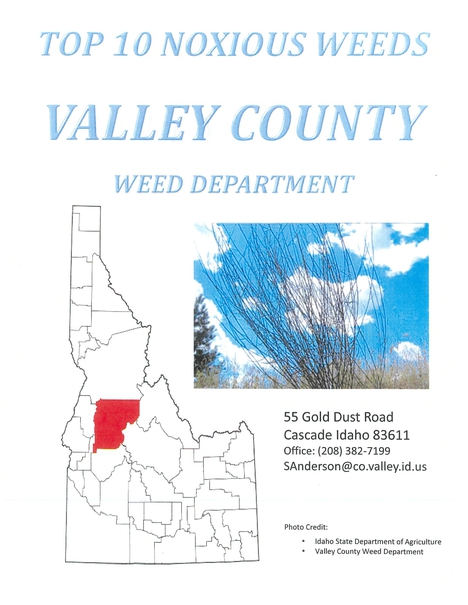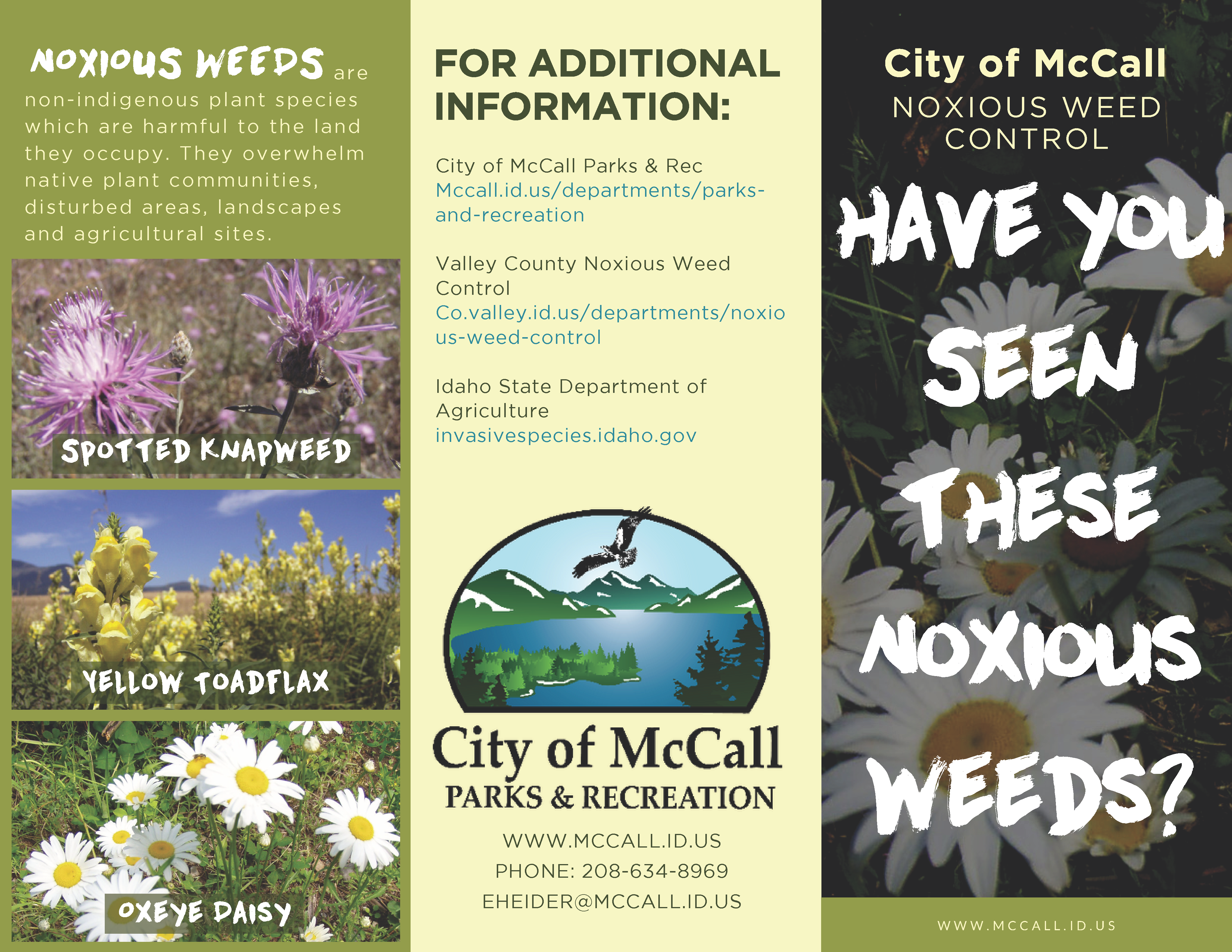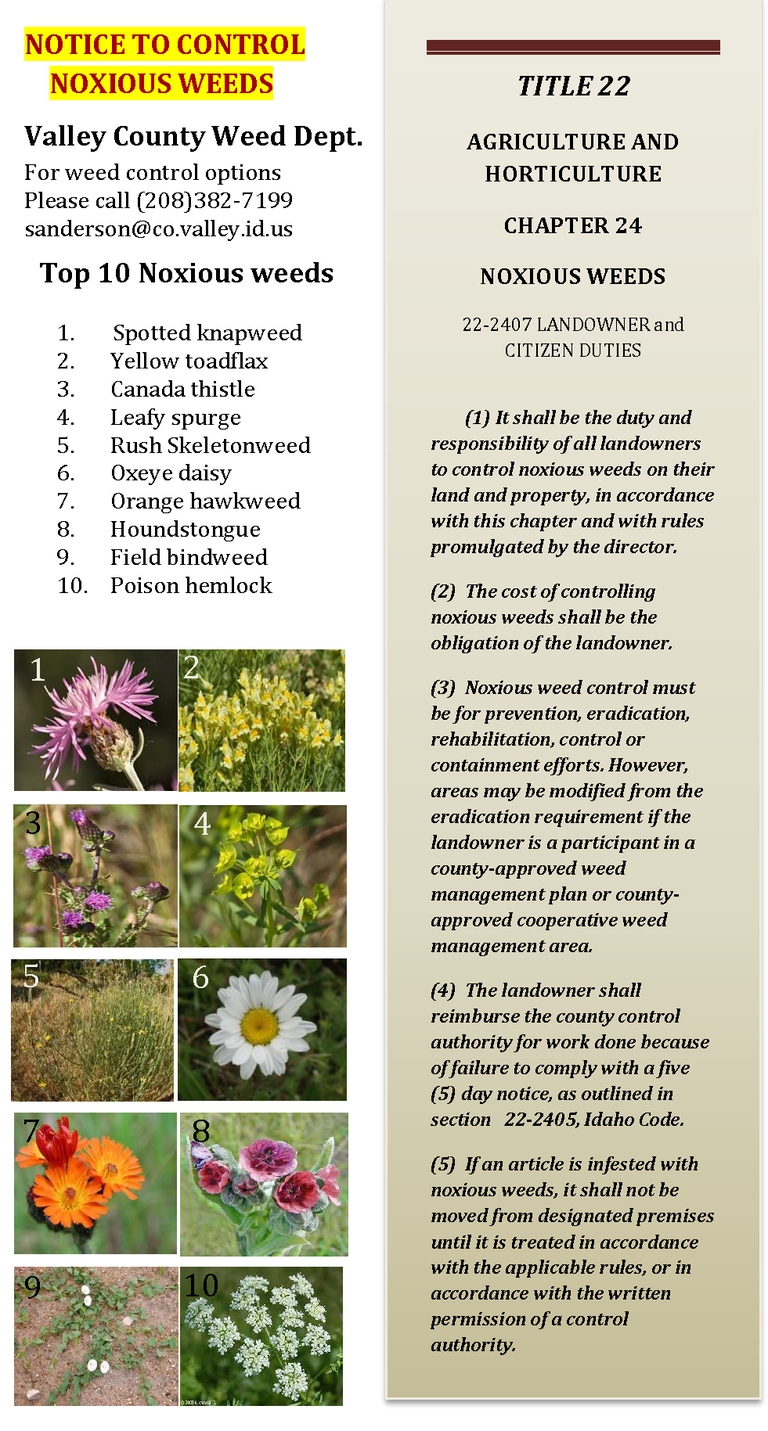Noxious Weeds and Poisonous Plants
 2021_Page_1.png)
Want to learn more about Noxious Weeds and Poisonous Plants in our area? You have come to the right place!
PULL TOGETHER PROGRAM- FRIDAYS June 7th - August 2nd Summer 2024 starting at 11 am.
Learn how to identify, gather supplies, and take on weeds at 101 W. Forest St. McCall! It doesn't have to be scary or overwhelming, it can be fun! And we will teach you what you need to know.
Kevyn Boothe - Facilities, Maintenance & Program Coordinator
kboothe@mccall.id.us
Cell: 208-315-7422
Protect McCall: Join the Fight Against Noxious Weeds!
Noxious weeds are invasive plants from other parts of the world that out-compete and displace our native vegetation. Introduced through ornamentals, contaminated seed sources, or global trade, these invaders threaten our local ecosystem. The Idaho Department of Agriculture has identified 67 noxious weeds, and 11 of them are found in and around McCall. You might have noticed our weekly "Wanted: Dead, Not Alive" ads in the newspaper, highlighting key culprits like spotted knapweed, yellow toadflax, houndstongue, and Canada thistle.
Why Eradication Matters
Invasive species can lead to the extinction of native plants and animals, destroy biodiversity, and alter wildlife habitats. Their spread impacts our environment, economy, and health. By eradicating these weeds, we protect our local ecosystem and community.
How We're Fighting Back
McCall City is a member of the Upper Payette Cooperative Weed Management Area (CWMA), collaborating with Steve Anderson from Valley County Weed and Pest Control and other CWMA members. With their support, landowners and residents can take advantage of resources like the County Weed Program. Homeowners’ Associations, for example, can organize a ‘Spray Day’ with backpack sprayers, guidance, and herbicide provided by the County.
Our Efforts
For years, McCall City has actively controlled noxious weeds in parks, along bike paths, walkways, road rights-of-way, and city properties. Unfortunately, weeds on nearby private land often go untreated, continuing to spread. According to Idaho Code 22-2407(1), it's the landowner's responsibility to manage noxious weeds on their property.
Get Involved!
Have questions? Contact Kevyn Boothe at 208-315-7422 or Steven Anderson at 208-315-0368.
- Have you seen an infestation around town? Report it here.
The following map shows where we have recently sprayed for noxious weeds, and where we have scheduled to spray in the near future.
The City of McCall is still wild. Amidst the stunning West Central Mountains of Idaho, hidden dangers lurk – poisonous plants. While enjoying walks or hikes in this beautiful area, it's crucial to stay vigilant. These seemingly harmless plants can be deceptive, carrying toxins that pose a threat. This caution extends especially to children, who may unknowingly come into contact with them. Always be watchful, and avoid touching or consuming any unfamiliar plants. In this natural haven, awareness and caution are your best allies against the potential hazards these plants might present.
Thank you to our friends at the US Forest Service and Department of Agriculture for providing this linked information. These below have been sited in or around the City of McCall by our Parks staff.
Horsetails and Scouring Rushes - Equisetum spp.
Bracken Fern - Pteridium aquilinum
Monkshood - Aconitum columbiana
Milkweed - Asclepias speciosa
Locoweeds and Milkvetches - Astragalus spp.
Water Hemlock - Cicuta douglasii
Larkspurs - Delphinium spp.
Lupines - Lupinus spp.
Cherries - Prunus spp.
Buttercups - Ranunculus spp.
Elderberry - Sambucus cerulea
Nightshade - Solanum dulcamara
Tansy - Tanacetum vulgare
Stinging Nettle - Urtica dioica
Corn Lily - Veratrum californicum
Cocklebur - Xanthium strumarium
Death Camas - Zygadenus spp.




